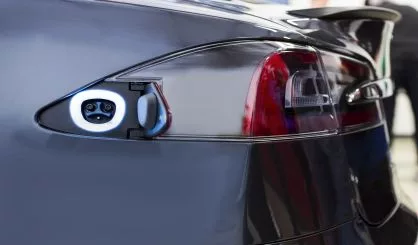
Federal tax credits worth up to $7,500 for the purchase of electric vehicles in the U.S. expired on Tuesday.
Michigan has more than 85,000 registered EVs on the road, ranking in the top 15 states nationwide. The credits were structured so buyers could see the savings right at the dealership.
Ingrid Malmgren with Plug In America says clean car standards and EV tax credits helped automakers shift away from gas-powered vehicles and boost the job market.
“This led to manufacturing plants for both batteries and EVs in a number of states around the country, leading to hundreds of thousands of new jobs,” Malmgren said.
Analysts warn the rollback of federal tax credits could slow Michigan’s auto sector as global demand for EVs accelerates. The Big Three automakers have invested billions while resisting strict rules, and with one in four cars sold worldwide now electric, the automakers risk falling behind. Malmgren points out that credits for batteries and advanced vehicles gave manufacturers the green light.
“To really incentivize automakers to help make this shift and make it easier for them to transition to EVs.”
Those opposed to the tax credits contend markets should decide which vehicles succeed, not subsidies. They see tax credits as interfering with free market dynamics or picking winners and losers.
Even without the federal credits, Michiganders interested in EVs can still explore utility or state-level rebates.








